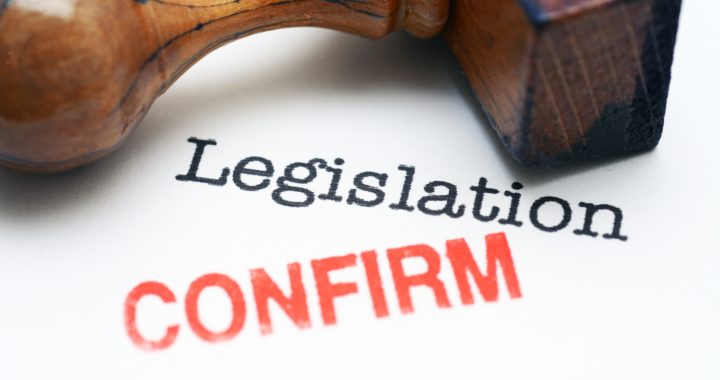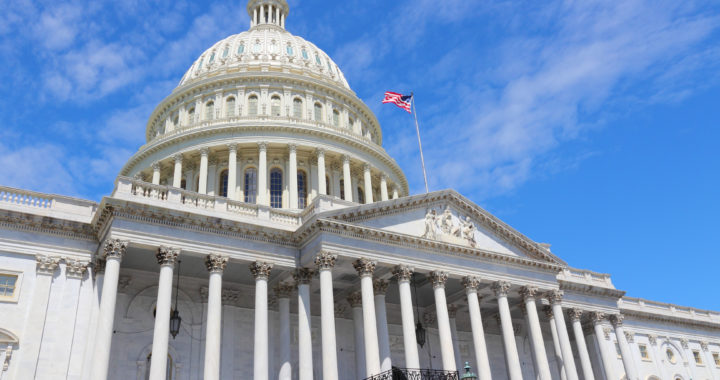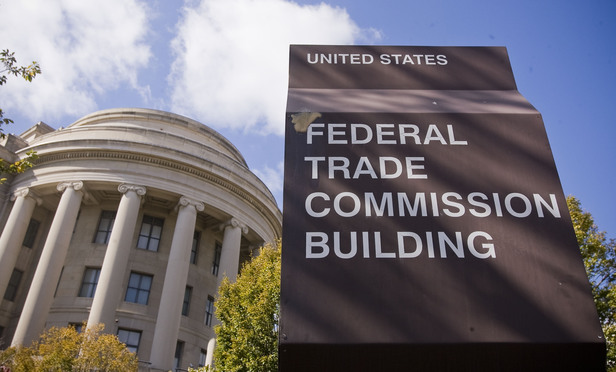Along with the CFA Day Forum’s mainstay legislative components, members of the Coalition of Franchisee Associations (CFA) gained facetime with legal heavy-hitters in a first-of-its-kind format during this year’s event, held March 17-18, in Washington, D.C.
A joint-employer legal panel kicked off the event at the Capitol Visitors Center Thursday morning and featured Michael Lotito, co-chair of Littler’s Workplace Policy Institute; Michael Einbinder, founding member of Einbinder Dunn & Goniea; Robert Zarco, founding partner of Zarco Einhorn Salkowski & Brito, P.A.; and Ron Gardner, managing partner of Dady and Gardner, P.A.
During the panel, Lotito presented attendees with an overview and history of the joint-employer rule. Einbinder discussed the negative impacts of the new joint-employer rule on franchising, while Zarco followed with why the move is good for the industry. Gardner presented the pros and cons of the ruling, and the floor was then opened up for a question-and-answer session and discussion.
“I feel that the panel discussion served to highlight our concerns as franchisees as well as the different approaches that can be taken,” said Dunkin’ Donuts franchisee Robert Blum. “I think that, while the debate was at times lively, it really engaged the entire audience. At a time when we know that the franchisor is loaded for bear, we must be too.”
Following a luncheon highlighted by Congressional speakers, members joined smaller groups for a legislative review and Hill visits. The cross section of small-business owners, representing 14 franchisee associations, were able to address issues facing everyone. Among the topics taken to members of Congress were the Joint-Employer Standard, Americans with Disabilities Act (ADA) lawsuit reform, the Fair Franchise Act and the Small Business Administration (SBA) Franchise Loan Disclosure Act.
“My husband and I were very excited to join and meet with other franchisees from other parts of the country who share our concerns and are committed to trying to make a difference by joining together to speak with our legislators to help them understand that we are families and small-business owners who are providing jobs and want to leave our businesses to our children and grandchildren,” said Colleen Bailey, a Dunkin’ Donuts franchisee.
The day closed with a reception at Stanton & Greene where franchise owners were able to meet and spend time talking with members of Congress.
On Friday the highlight of the 2016 CFA Day Forum brought together franchisees and legal counsel for a roundtable breakfast, providing an unparalleled service to CFA members. Broken up into 20-minute sessions, attendees were able to take away valuable insight into major issues small-business owners face and ask questions pertinent to their situation.
The unique setting allowed participants to hear from Lotito, Zarco, Einbinder and Jeffrey Haff of Dady & Gardner on a range of topics. Lotito covered “Labor Laws: Overtime and Persuader Rules, Minimum Wage and Others.” Zarco and Einbinder addressed litigation topics. While Zarco spoke on “Avoiding Litigation: How to Protect Your Business,” Einbinder provided insight with “Litigation Strategies: How to Gain the Upper Hand.” Haff discussed “Disputed Exit Strategies: Transfers, Renewals and Right of First Refusal.”
“The roundtable discussions were very helpful for me individually because it provided a forum for me to have various questions addressed that were more specific to my own franchisee situations. I felt that I was able to receive insight into some issues by discussing them with other franchisees from various other concepts as well as the attorneys at the tables,” Blum said.
Blum, attending his third CFA Day Forum, said the benefits to the event are many.
“It has been an eye-opener to see how many Congressmen and senators don’t fully understand the franchise concept. Too many of them think that we are employees of the franchisor. When they learn that we are self-employed small-business owners, they are truly shocked,” he said. “It is also alarming how many of the representatives assume that we are in total alliance with the franchisor. When we are able to educate them of our differences, as well as the fact that we are the entity that is employing the majority of their constituency, that is when we have the biggest impact.”












